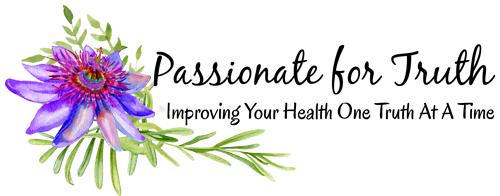“© [Article Date] GreenMedInfo LLC. This work is reproduced and distributed with the permission of GreenMedInfo LLC. Want to learn more from GreenMedInfo? Sign up for the newsletter here //www.greenmedinfo.com/greenmed/newsletter.”
Every functional medicine psychiatrist has case stories of the ‘probiotic cure’ – of a patient with debilitating symptoms, often obsessive compulsive range, whose symptoms remitted completely with dietary change and probiotic supplementation. Is this voodoo or is it based on a growing understanding of the role of the microbiome in mental health and behavior?
For two decades now, pioneering researchers have been substantiating inflammatory models of mental illnesses such as depression, bipolar disorder, and schizophrenia. Research has focused on markers that indicate immune distress in an important subset of patients, many of whom are labeled “treatment resistant.” Through this body of literature, we have identified that depression can be induced, in animals and in humans through inflammatory agents, that it is correlated with blood levels of inflammatory markers, in a linear way (more markers = worse depression), and that symptoms can be reversed through pharmaceutical anti-inflammatories.
Inflammatory Models of Mental Illness: The Role for the Gut
Working with this premise, where is the best place to begin when we consider how to modify inflammatory states in the body, naturally? You guessed it, it’s the gut. Housing >70% of our immune system, the gut is our interface between the outside and inside world, separated by one-cell-thickness. The resident microorganisms, outnumbering by 10:1 by our human body cells, develop an ecosystem through postnatal exposures, in the vaginal canal, through breastfeeding, and the immediate environment. Disruption to the balance of bacteria through medication exposures, gluten, herbicides, stress, and infection can set the stage for the innate immune system to prepare for attack.
Depression, associated with compromised integrity of this intestinal barrier, becomes the swirling storm of inflammation, impairment of cellular machinery (i.e. mitochondria), oxidative stress, and inflammation in a carousel-like forward rotation. Specifically, depression is associated with elevated levels of lipopolysaccharide (LPS), a nutrient-binding, inflammatory toxin produced by bacteria that are intended to remain in the gut.
If depression is a downstream collection of symptoms, and inflammation, oxidative stress, and mitochondrial dysfunction are driving these symptoms, what is at the source? It appears, from data in animals and humans, that disruption to our gut ecology may be a major player, and the microbiome has stepped to the forefront of cutting-edge psychiatric research.
Enter psychobiotics: “a live organism that, when ingested in adequate amounts, produces a health benefit in patients suffering from psychiatric illness.” A review by Dinan et al. encompasses the clinical basis for the use of probiotics in mental health with reference to animal studies in which behavioral changes resulted from exposure to bacterial strains such as bifidobacterium and lactobacillus. In placebo-controlled trials in humans, measures of anxiety, chronic fatigue, and depression and anxiety associated with irritable bowel syndrome.
The therapeutic clinical applications of probiotics have been limited to a handful of strains out of the more than 7000 at last count. It appears that colonization is not an expected outcome of probiotic supplementation, and that genomic communication between bacteria and immune receptors may account for anti-inflammatory effects.


